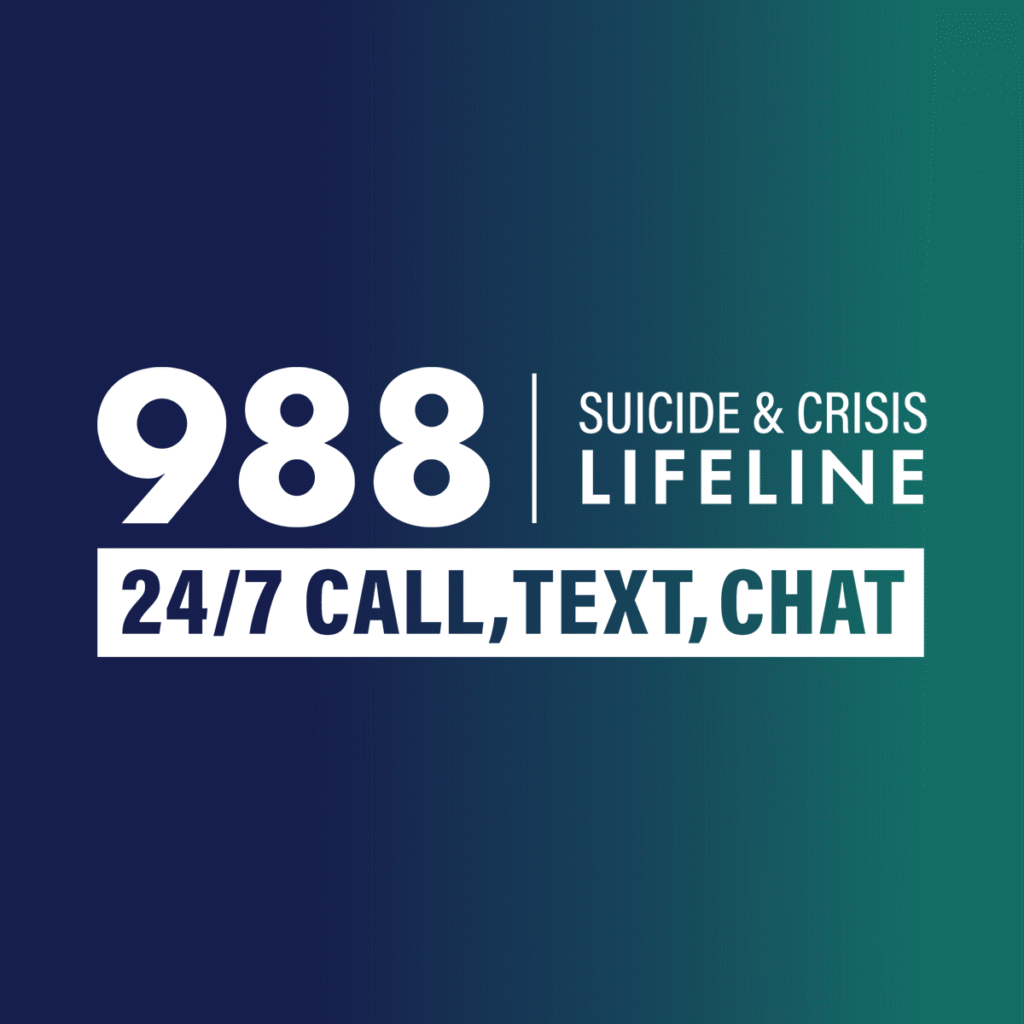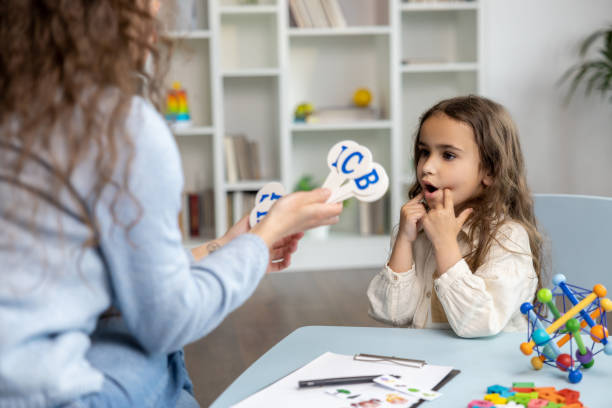September is a good reminder that mental health is health. It is also National Suicide Prevention Month and National Recovery Month, which makes it a perfect time to slow down, check in with ourselves and our neighbors, and share real, practical ways to get help. This is about noticing what is hard, talking about it, and making sure support is easy to reach.
Why September matters
As summer ends and routines shift, stress often climbs. Students return to school, work demands pick up, and finances can get tighter. Those everyday pressures can add up, especially for people already managing anxiety, depression, substance use, grief, or chronic pain. The goal this month is simple: reduce isolation, reduce stigma, and make help visible.

What mental health challenges can look like
Not every struggle looks the same. Some signs are obvious, others are quiet:
- changes in sleep, appetite, or energy
- pulling away from friends and activities
- persistent worry, irritability, or feeling numb
- trouble focusing or finishing tasks
- using alcohol or substances to cope
- feeling hopeless or like a burden

If you notice these in yourself or someone else, that is the moment to reach out before a crisis.
How to start a real conversation
You do not need perfect words. You need presence.
- Be direct and kind: “You’ve seemed overwhelmed lately. Want to talk?”
- Listen more than you speak. Resist the urge to fix right away.
- Validate what you hear: “That sounds exhausting. I’m glad you told me.”
- Ask about safety if you are worried: “Are you thinking about hurting yourself?” Asking does not plant the idea. It opens a door to help.

Local steps you can take this week
- Book one primary care or counseling appointment you have been putting off.
- Put the 988 Lifeline in your phone. Share it with a friend.
- Do one small thing that supports your body: a 10-minute walk, a glass of water, or getting to bed 30 minutes earlier.
- If you lead a team or a classroom, open a check-in: “What is one thing making work or school harder right now?”
For families and caregivers
- Keep routines predictable when possible, such as meals, homework, and bedtime.
- Name feelings out loud to normalize them: “This is a tough morning. Let’s take it one thing at a time.”
- If your child’s mood or behavior shifts for more than two weeks, contact your pediatrician or school counselor for options.
Recovery is real
Recovery Month highlights something we do not say enough: people do heal from substance use and mental health conditions. Recovery is not a straight line and it does not need to look perfect to count. If you or a loved one is exploring treatment, you are not starting from zero, you are starting from experience.

When to seek urgent help
If someone talks about wanting to die, feels trapped or hopeless, is withdrawing, giving away possessions, or using substances more heavily, do not leave them alone. Call or text 988 for immediate support, or go to the nearest emergency department. If danger is imminent, call 911.
How our hospital can help
- Primary care and same-day clinics can screen for anxiety, depression, and substance use and connect you with next steps.
- Our therapy and rehabilitation teams support mind–body recovery after injury, illness, or surgery.
- We partner with regional specialists and community organizations for counseling, grief support, and recovery resources. If you are not sure where to start, call our main line and ask for help navigating mental health options.
Resources you can trust
- 988 Suicide & Crisis Lifeline: call or text 988, chat 988lifeline.org
- Crisis Text Line: text HOME to 741741
- SAMHSA Treatment Locator: findtreatment.gov
- NAMI: nami.org

The most powerful thing you can do this month is refuse to go it alone. Check in on a neighbor. Send the text. Make the appointment. Ask the question. Real connection saves lives, and it starts with us.






